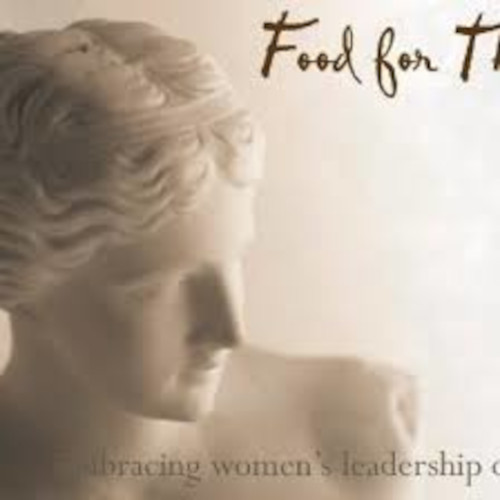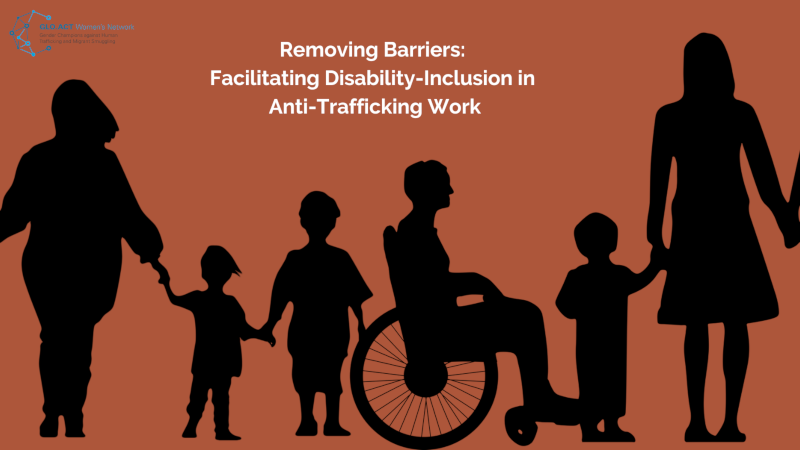Heinz Gstrein has passed away
Iphigenia Moraitini Patriarchea*
Heinz Gstrein has passed away. Most people knew him as a journalist, orientalist and writer, but I knew him as a dad. There will be enough grand obituaries that feature his bibliography.
As his more-or-less daughter, I’d rather have my words say more than that he was an exceptional writer and expert. He was also a very special human being.
Heinz was a man who liked to tell good stories, which is obvious since he was a prolific writer who, for much of his life, started work at 4am. Heinz had a streak of irreverent whimsy mixed in which his absolute love for all things religious and mystical. Foremost of what he liked to poke fun at was his own self.
And this is why, when I started thinking about this obituary, I wanted to title it “the Murderer of the Working Class has passed away”. He would have thought it a hoot. One of the first stories Heinz told me was about when he was 6 years old, at school. It would have been the late 1940s. At the time, he had a highly political teacher who would go on about the “Arbeitermörder” (the murderers of the working class) without explaining what they were, to the point where little Heinz thought to actually please him by answering the question of “what do you want to be when you grow up” with “Arbeitermörder”. You can imagine how that ended for him.
But the amusement he gave and derived from sharing that anecdote was typical Heinz.
Heinz was born in 1941, in Innsbruck, Tirol. His formative years, from what I know, were spent between the discipline of his mother Imma, and the strength of his paternal grandmother Fanny.
That fine lady, once the daughter of the great rabbi of Pinsk (in today’s Belarus) who had married an Austrian World War 1 officer, had had to hide her family in a cave and flee Austria in the night, walking all the way to Lviv in Ukraine to procure a certificate that she had been born Orthodox Christian, and thus avoid being deported as a jew.
To me, this story sounded like something Heinz himself could have done—so we can safely agree that he learned his unusual take on life at his grandma’s knee. It was she, incidentally, who led him to his faith, since she quietly declared that when they had given her that paper, the Orthodox had bought her life and the lives of her descendants. A debt which Heinz, who was baptized under the name of Panteleyom, repaid with his life-long devotion to that church.
Of course, that devotion was no less adventurous than the rest of him. In his first university stint, Heinz had been sent by his uncle to study political science in Moscow—a lofty school from which he was instantly expelled when they discovered he’d done as his grandma asked and gone to church, dropping a few rubles of his scholarship in the donation box. Years later, Heinz would get an exclusive interview with Yevgeny Primakhov, only to find out that Primakhov had been in his final year at the same university when Heinz was expelled, and wanted to meet the man who’d been the talk of the school back in those days.
After his return from Russia, it was his cheeky granny who sent Heinz to Turkey, to the theological school of Chalki, where he studied in the same class as many luminaries of the orthodox world, including today’s Oecumenic Patriarch, whom he thought the world of. That said, one of Heinz’s greatest wishes in life was for the theological school of Chalki to be reopened, as it closed a few months before he could graduate. I hope I can be forgiven in exhorting anyone who reads this to consider taking up that banner for him, as it would remain his fondest wish and hope.
As you may guess by now, Heinz hasn’t had an easy life; people whose life is an adventure create order and chaos in the same breath, and Heinz was certainly one of those people.
In all the 30 years I knew him, Heinz enjoyed life most when he was doing something, usually outrageous, that involved climbing up and down mountains looking for signs of (for example) the Arvanite minority that Greece -at the time- liked to pretend had never existed. If this sounds like an experience that’s cooler to hear about than live, oh trust me. It was, for everyone who didn’t have Heinz’s drive and dedication.
It’s hard, believe me, to sum up 30 years of being family in just a short article. Do I go the public route, and tell you about the time he was in Sadam’s Iraq, wrote an article titled “Endlösung der Kurdenfrage”, fully expecting that the censors wouldn’t pick up on the parallel between Sadam and the Kurds, with what Hitler did to Jewish people? They didn’t.
You probably already know about his opposition to building minarets in Switzerland. He saw his involvement as purely academic, and was understandably wounded by the furious barrage of aggression he faced in response. At the time, he was asked to “make an apology of his political extremism” at the university where he taught, and his response was “I’m on the political left, and I am an academic. This is an expert opinion by an academic who studies religions, not politics. If they don’t understand this they can teach themselves”. I had to argue with him that his students were probably just misled by malintentioned, sensationalist press, and that he needed to explain how it all came about. Those words, he took to heart—and it was the start of his rehabilitation, and a wave of apologetic emails he really enjoyed.
Do I mention the part where he got expelled from Greece during the dictatorship of the colonels because he gave an interview to the national broadcasting service, where he was asked: “Will any of these avoid prison?” and responded with “Ίσως ο Πατακός. Λόγο βλακείας.» (“Maybe Patakos. Due to idiocy”). Do I tell you about the time he was in charge of a convoy of trucks in Russia, and his drivers all got knocked out by prostitutes that put sleeping pills in Crimean Champanskaya, and he pretended to be the Austrian Mafia to stop them unloading said trucks? All true, believe me.
Or do I go the more personal route, and tell you that Heinz has a framed picture that says “Wir haben dich als Onkel adoptiert, Onkel Heinz”, which was given to him in the 1990s right next to all his lofty autographed collection of various luminaries? Or if I tell you that, when we bought him a walking aid, I had to take pictures of my children playing with it to convince him that it didn’t mean he was an invalid? What will you understand if I tell you about the time, some twenty years back, when we went up to his Tyrolian village of Ladis, and Heinz went up to the cave of his early childhood, and came back with tears in his eyes, saying “I wonder if it wouldn’t have been easier for me to have become soap too?”
Perhaps this is why he asked to under no circumstances be cremated. I don’t know.
What I do know is that Heinz was an exceptional force for good, for strength, and for chaos—the kind that shows the many outrages that people suffer because they happened to be born and belong to a minority culture or creed, and that now that force is gone, it is up to us, who make the world today, to take a stand for what is just, true, and kind, as he did, in things great, as well as in the small.
Heinz passed away peacefully on the 1st of December 2023, from what will probably appear as a lung infection but, as that “lung infection” actually followed a 2-week stint in hospital on account of COVID, I think we all can agree that it took a pandemic to bring him to his end.
He is survived by his loving family, who are all the poorer without him.
*Internationalist, Journalist



